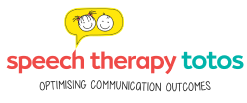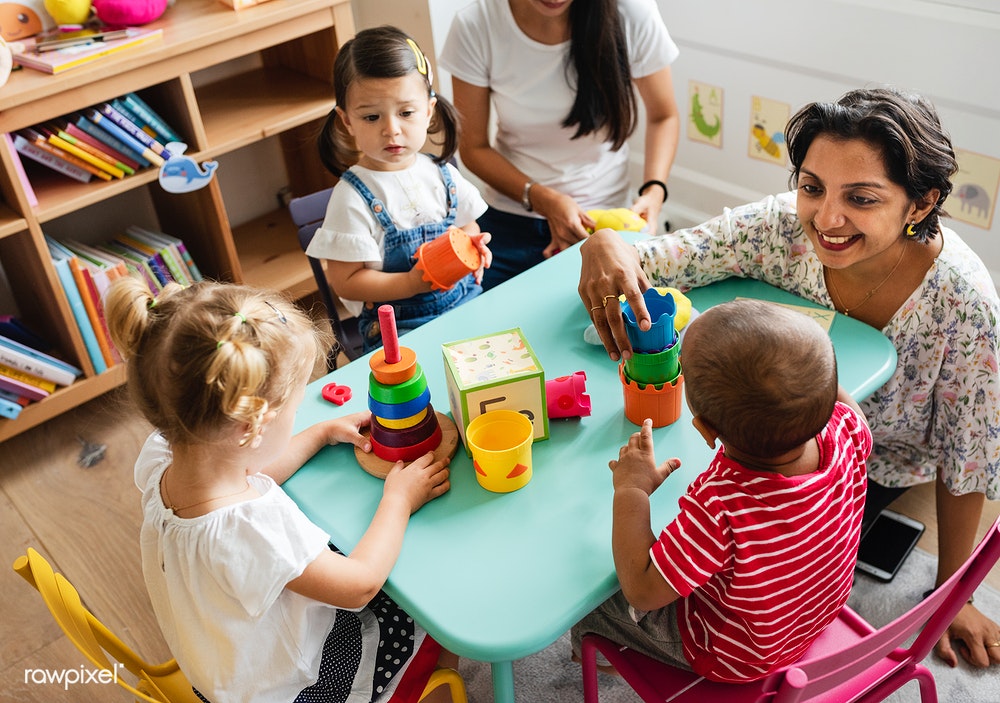Episode 5: What does a Pediatric Neurologist Do?
A paediatric neurologist is a doctor who treats children who have or are suspected to have issues with their nervous system.
So, what is the nervous system?
A very basic biology class…
The nervous system has 2 main parts;
- The central nervous system which is made up of the brain and the spinal cord
- The peripheral nervous system which is made up of nerves that come off from the spinal cord and extend to all parts of the body
And what is the function of the nervous system?
Well, pretty much everything!
The function of the nervous system
The central nervous system has many functions that take place with and without your control.
For example, your heartbeat beats whether you’re conscious of it or not and that’s because such automatic body functions are controlled by the autonomic system, but actions like walking, talking, require voluntary actions that are controlled by the somatic nerves.
Then, there are the sympathetic nerves that get you geared up for fight or flight and the associated body reactions- heart quickening, sweating, etc… These are brought back to normal functioning by the parasympathetic nerves
And let’s not forget the brain; which pretty much controls everything. Various parts of the brain are responsible for various functions;

There is the left side of the brain that is responsible for speech, language and general learning and the right side that controls emotions, artistic expression e.g. music, etc.
The cerebellum controls complex movements, posture, balance, coordination, muscle learning, etc.
And it gets more exciting.
I am actually quite fascinated with the workings of the nervous system, the brain and down to the level of the atoms.
But, let’s not digress.

The scope of work of a paediatric neurologist
A pediatric neurologist’s work is to review children who are presenting with any kind of developmental delay as a result of a known etiology or something more unknown or idiopathic that they can try to get to the bottom of.
Pediatric neurologists often, assess, diagnose and treat children who are presenting with the following;
– Seizures
– Behavioral issues like hyperactivity, attention deficit
– Developmental disorders such as cerebral palsy, delayed speech and language, delayed motor milestones
– Autism
– Congenital malformations and syndromes
– Infections or inflammation of the brain like meningitis etc.
A pediatric neurologist may order the following assessments/ tests;
- EEG (electroencephalogram) is a test that looks for abnormal electrical activity in your brain. This test can be used to look for seizures
- MRI (magnetic resonance imaging) or CT scan are types of imaging tests that take pictures of the brain and/or spine. These can look for signs of disease like tumors, infection as well as certain genetic conditions
- Lumbar puncture (spinal tap) is a test where doctors insert a small needle in the lower back to take a sample of spinal fluid, which surrounds your brain and spinal cord. This can help look for signs of infection or inflammation. This is the test used to diagnose meningitis
- Blood tests – tests can confirm signs of infection, but the neurologist can also order blood tests for more complicated testing such as genetic tests for specific disorders
And of course paediatric neurologists do prescribe medications- like anticonvulsants, hyperactivity reducing drugs, etc.
Paediatric neurologists work closely with speech-language therapists, occupational therapists and physiotherapists to optimise motorical and communication outcomes for children. Paediatric neurologists diagnose, but they don’t offer physical therapy. That’s the work of the speech-language therapists, occupational therapists or physiotherapists.
Pharmacological management may be recommended, but your child would still need to be managed by the relevant therapist if your child has speech, language or motor delays.

Final word
In Kenya, I have also encountered other professions that are similar to a paediatric neurologists such as Neurodevelopmental specialists (NDS) and Developmental peadiatricians.
Now, my opinion is that these 2 professionals do the same work as the paediatric neurologist, but my advice is if you find yourself in the situation where you are referred to either a developmental paediatrian or NDS, just find out from them about their role in specifically managing your child’s presentation.
To conclude, a word of advice- when you visit a paediatric neurologist, make sure you have listed down all the issues you have seen in your child in order for the paediatric neurologist to quickly get acquainted with your child’s situation and formulate an ax path or a management plan.
If for example, you’re concerned that your child may be having a seizure or a stutter or another kind of disruptive motor activity. List the symptoms you have seen as if describing under a time pressure, if this is not something you feel comfortable doing, then you could always rely on what you wrote- observations over time e.g. when the symptom is worse/ better, etc.
It’s the same with when you take your child to a GP or a paediatrician, the more information you give the GP, the better equipped they are to make the best clinical judgement- they’re just human beings!
As always, I hope this series has shed some light about what paediatric neurologists do.
Feel free to check out our other series if this particular topic has raised something new for you or you would like to be in the know with other speech therapy related topics.
Thanks







